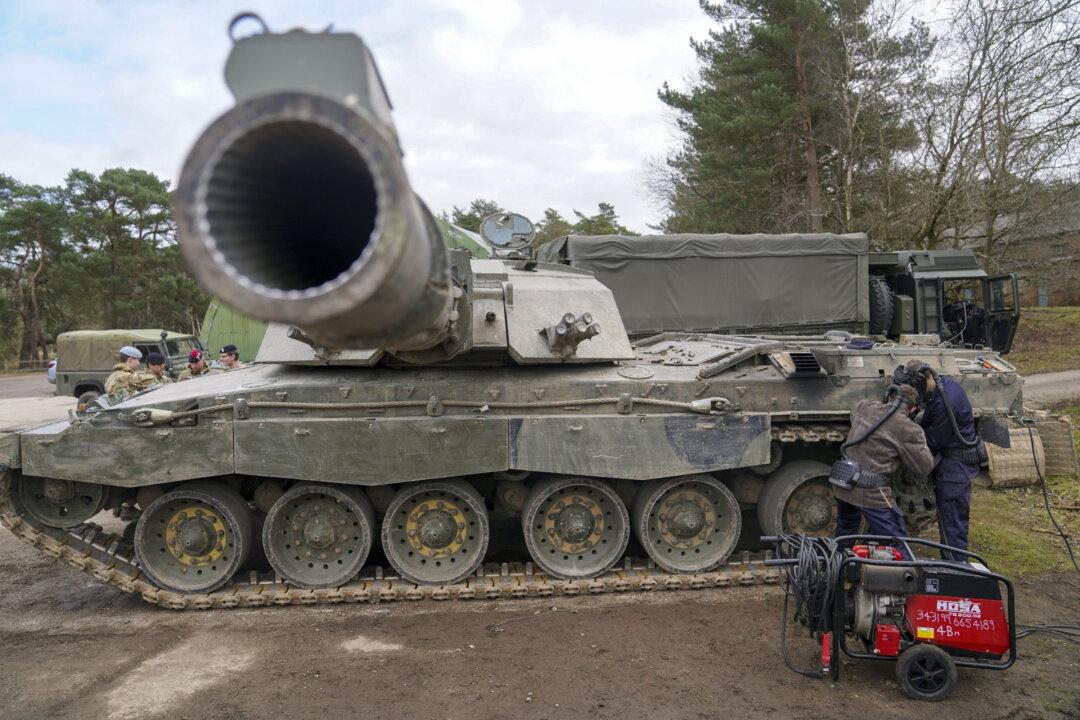The UK government was urged on Thursday to reconsider its plan to cut the number of army personnel by 9,500 and shift focus from conventional capabilities, or at least review the timeline of the plans, in light of challenges exposed by the Afghan withdrawal and the Russian invasion of Ukraine.
In a report (pdf) published on Thursday, the Defence Committee said the two events demonstrated that the UK government is “unprepared for international crises” and has appeared to be “arrogant and unwilling to learn lessons.”





